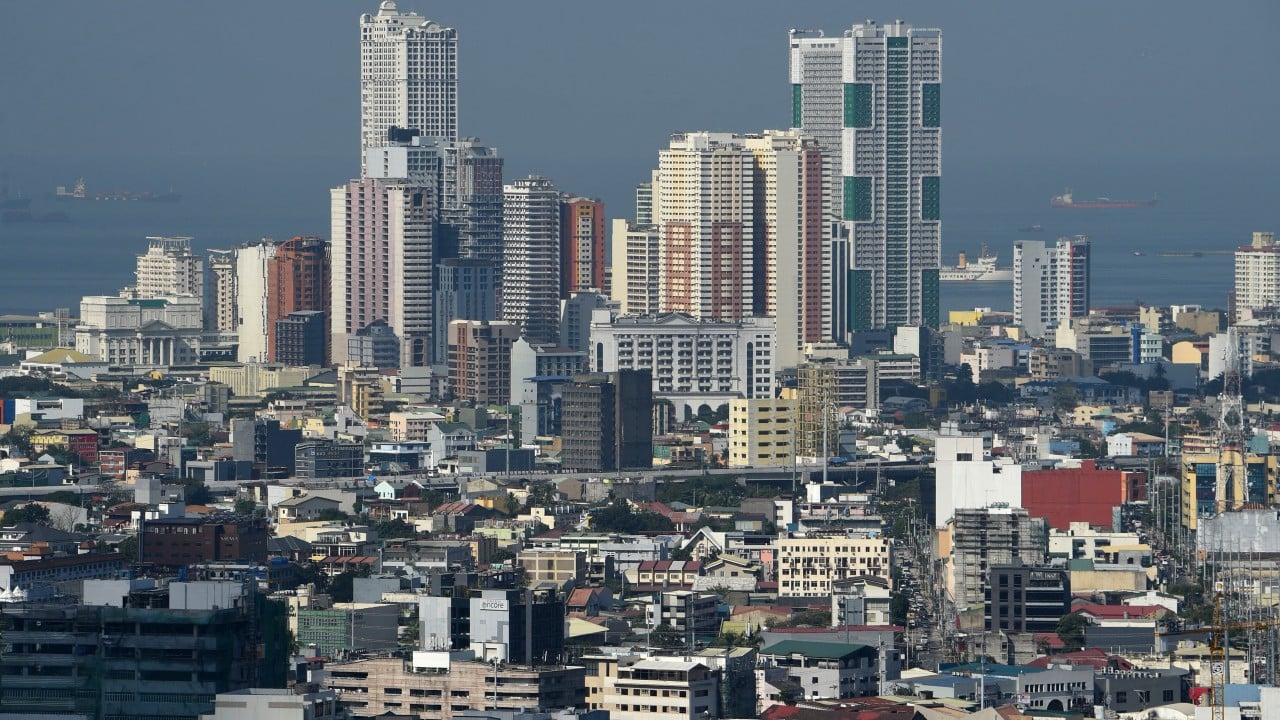The Philippine government welcomed the country’s removal from a global watchdog’s dirty-money list, which could spur remittances and foreign investments in one of Asia’s fastest-growing economies.
Advertisement
The Financial Action Task Force’s (FATF) decision to take Manila off the list is expected to “facilitate faster and lower-cost cross-border transactions, reduce compliance barriers and enhance financial transparency,” the Philippines’ Anti-Money Laundering Council said in a statement on Saturday.
Bangko Sentral ng Pilipinas Governor Eli Remolona, who chairs the council, said the FATF move “complements our ongoing efforts to make the financial system a stronger driver of sustainable growth.”
The Paris-based watchdog said on Friday that the Southeast Asian country is no longer on the list of nations under increased monitoring after a government push to step up efforts to counter money laundering and terrorist financing.
The development should make it easier and cheaper for Filipinos working overseas to send money home – a key driver of domestic consumption – and may boost investments in a country where monthly inflows dropped 20 per cent from a year ago in November.

The Philippines was the only country removed from the list, while Laos and Nepal have been added. The potential boost for Manila comes at a time of global uncertainty arising from US policies under President Donald Trump and the country’s mounting tensions with Beijing in the South China Sea.

